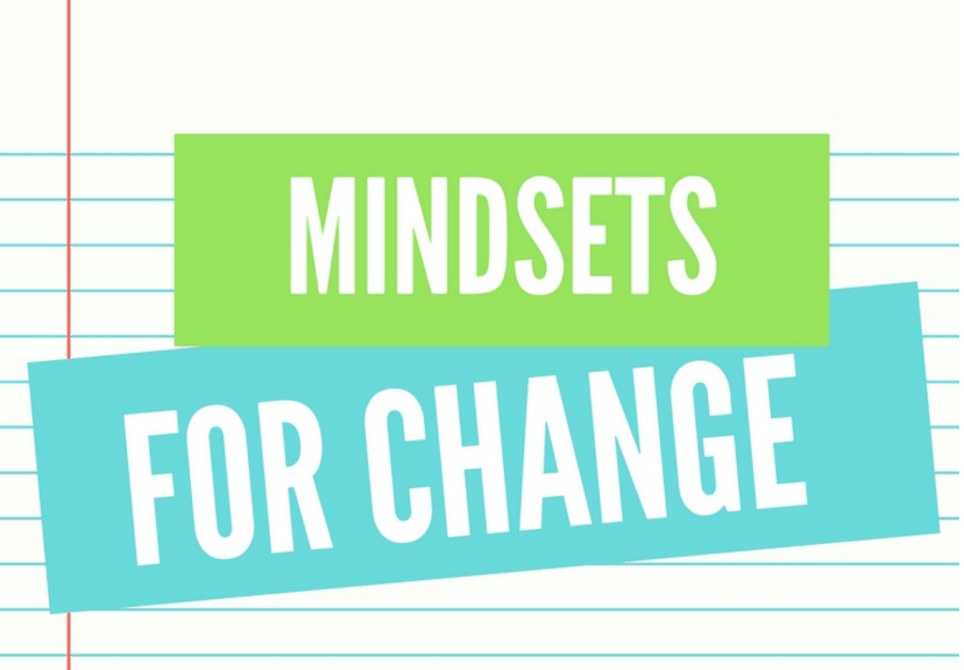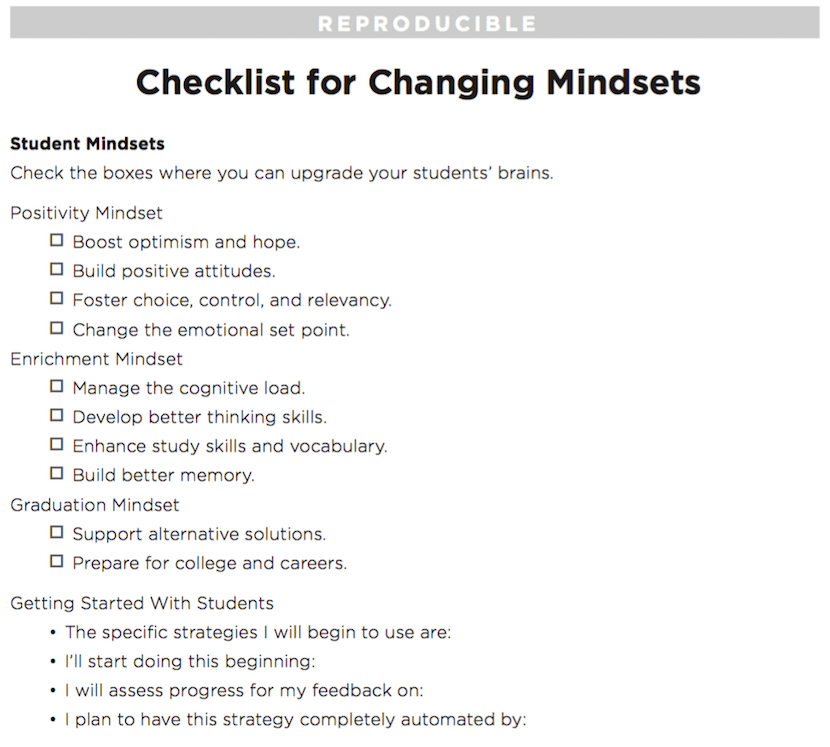Focus on Fighting Poverty, Not the Students Living in It

In Equitable Education for Students in Poverty Starts with the Teacher, we shared how understanding poverty is an essential to working with populations who are facing it every day.
In sum, students living in poverty often experience: (1) health issues from poor diet and exposure to toxins and pollutants, (2) chronic stress, (3) weaker cognitive skills and (4) impaired socioemotional relationships.
In the most populated states (California, Texas, Florida, Illinois and New York), 48 percent or more of public school students live in or near poverty. With a majority of students in public schools who qualify as poor based on school data, poverty is the new normal.
Eric Jensen, brain-researcher and educator, focuses first and foremost on the mindset of teachers as being a key starting place to create change and transform their teaching to empower students that are living in poverty. He believes focusing on combating the effects of poverty, not on “what poor students cannot do,” to be a key catalyst for change.
From Poor Students, Rich Teaching…
|
Building off of these four mindsets, Jensen shares three more mindsets in Poor Students, Richer Teaching. These mindsets are centered around creating an attitude of academic optimism in teacher and in their students. Throughout the book, Jensen provides strategies to help educators shift towards these mindsets and ideas for how to instil optimism, hope, autonomy and choice into lessons.
Enrichment Mindset
I know brains can change. I can grow and change myself first. Then, I can build powerful cognitive skills in my students.
The enrichment mindset encourages teachers to run their own brains and change their thought patterns. Teachers can work to address the mental bandwidth, or cognitive load, of students in poverty. They can do this through tactile strategies and activities that address memory, thinking skills, vocabulary and study skills.
Graduation Mindset
Focus on what matters. Be an ally to help students graduate college and career ready.
Helping students to reach the goal of college or career is essential. Highly successful schools that have a majority of students in poverty report that staff does not view the failure of students as an option. Further, there are alternatives to helping students succeed, including the arts, technical education or other trades that show them the college or career goal is a possibility.
Positivity Mindset
I am an optimistic and grateful ally who helps students build a successful narrative of their future.
Emotions and attitudes can shape the culture of a classroom. Having an impeccable attitude, one that promotes academic optimism will help students reach what they are truly capable of. Being positive is not to be taken lightly.

As simple as it sounds, having an attitude of academic optimism can shift the outcomes of the students in your classroom. Take this checklist to see how you are already working to change your mindset and identify where you can work to improve.
For more on these strategies and mindsets, visit Solution Tree to get a copy of Poor Students, Rich Teaching and Poor Students, Richer Teaching.
For more, see:
Stay in-the-know with all things EdTech and innovations in learning by signing up to receive the weekly Smart Update. This post includes mentions of a Getting Smart partner. For a full list of partners, affiliate organizations and all other disclosures please see our Partner page.






0 Comments
Leave a Comment
Your email address will not be published. All fields are required.